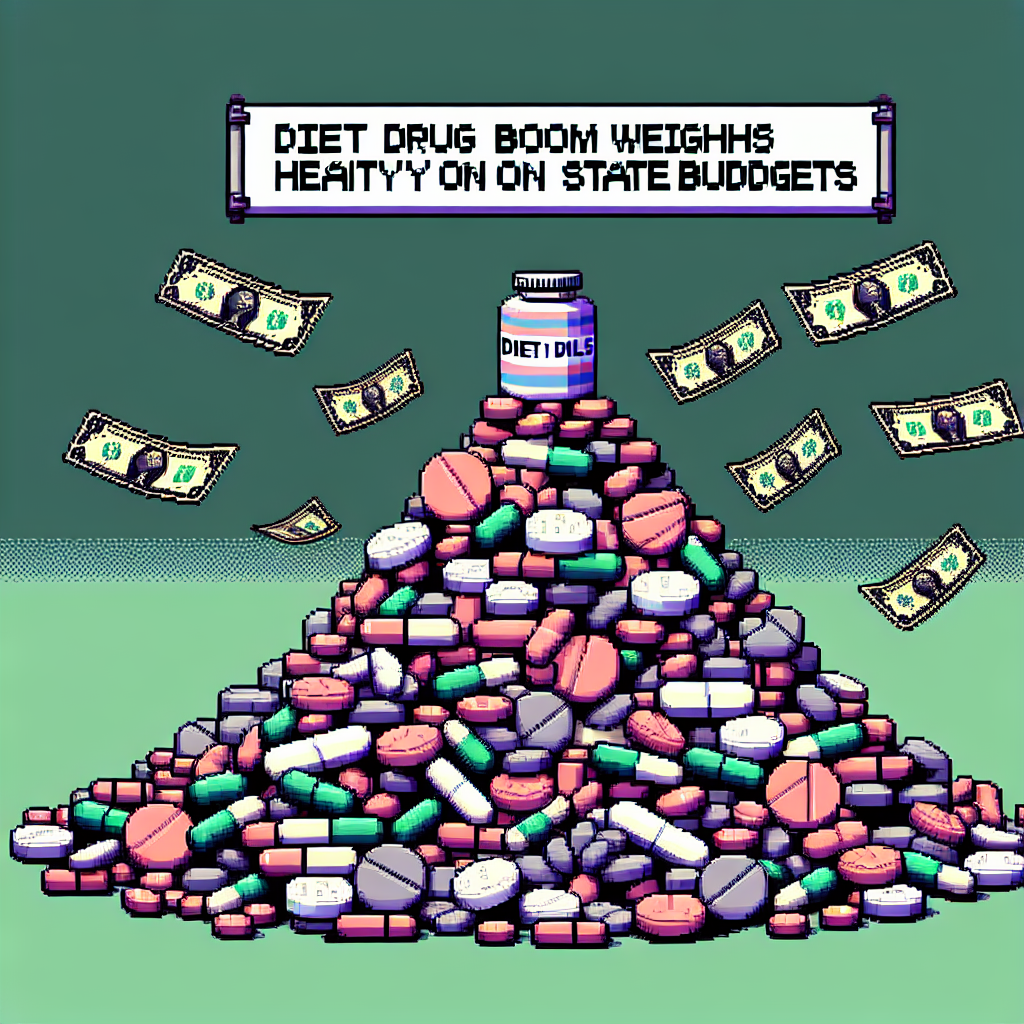Diet drug boom weighs heavily on state budgets - POLITICO | Analysis by Brian Moineau
**Title: Slimming Down State Budgets: The Diet Drug Dilemma**
In the world of healthcare policy, it seems we're constantly juggling an ever-expanding portfolio of public health concerns, each more pressing than the last. The latest conundrum capturing the attention of policymakers nationwide? The financial burden of the diet drug boom. As demand for these medications skyrockets, state budgets are feeling the pinch, prompting a scramble for cost-reducing solutions — or even a reconsideration of coverage altogether.
**The Weighty Issue**
Diet drugs have become the new frontier in the battle against obesity, a leading cause of preventable chronic diseases like diabetes and heart disease. With medications like Ozempic and Wegovy making headlines for their weight-loss potential, it's no wonder that consumer interest and demand have surged. These drugs, originally developed for managing diabetes, have found a secondary market among those seeking a pharmaceutical edge in weight management.
However, this surge in demand is not without consequence. State budgets, already stretched thin by the pandemic's economic impact, are struggling to accommodate the rising costs associated with covering these medications under Medicaid and other public health programs. Some states are even considering dropping coverage to alleviate financial pressure.
**Drawing Parallels**
This situation is reminiscent of other healthcare challenges where rapid advancements and public interest outpaced policy and budgetary readiness. Take, for instance, the early days of the COVID-19 vaccine rollout. Governments worldwide faced logistical and financial hurdles in making vaccines widely available, often leading to difficult decisions about prioritization and funding.
Moreover, the diet drug dilemma is not occurring in isolation. Globally, healthcare systems are grappling with the rising cost of innovative treatments, from gene therapies to biologics. The challenge lies in balancing access to cutting-edge medical interventions with fiscal responsibility — a tightrope act that policymakers must navigate with increasing frequency.
**A Broader Perspective**
Looking beyond the financial implications, the diet drug boom also underscores the importance of addressing the root causes of obesity. While medications offer a promising solution for some, they are not a panacea. Comprehensive public health strategies, including education, access to nutritious foods, and opportunities for physical activity, remain crucial components of any effective obesity intervention.
Additionally, the debate around diet drugs reflects broader societal discussions about health equity. As states consider dropping coverage, there's a risk that these medications become accessible only to those who can afford them, exacerbating existing health disparities. Ensuring equitable access to healthcare, irrespective of income, remains a fundamental challenge and priority.
**Final Thoughts**
As states wrestle with the financial realities of the diet drug boom, there's an opportunity to reimagine healthcare funding and policy. By fostering dialogue between policymakers, healthcare providers, and the communities they serve, innovative solutions can emerge that balance cost with care.
In the end, the goal is not just to manage budgets but to promote healthier populations. By addressing both the symptoms and the causes of obesity, we can work towards a future where the benefits of medical advancements are shared by all, without leaving state budgets in the red.
Read more about AI in Business
